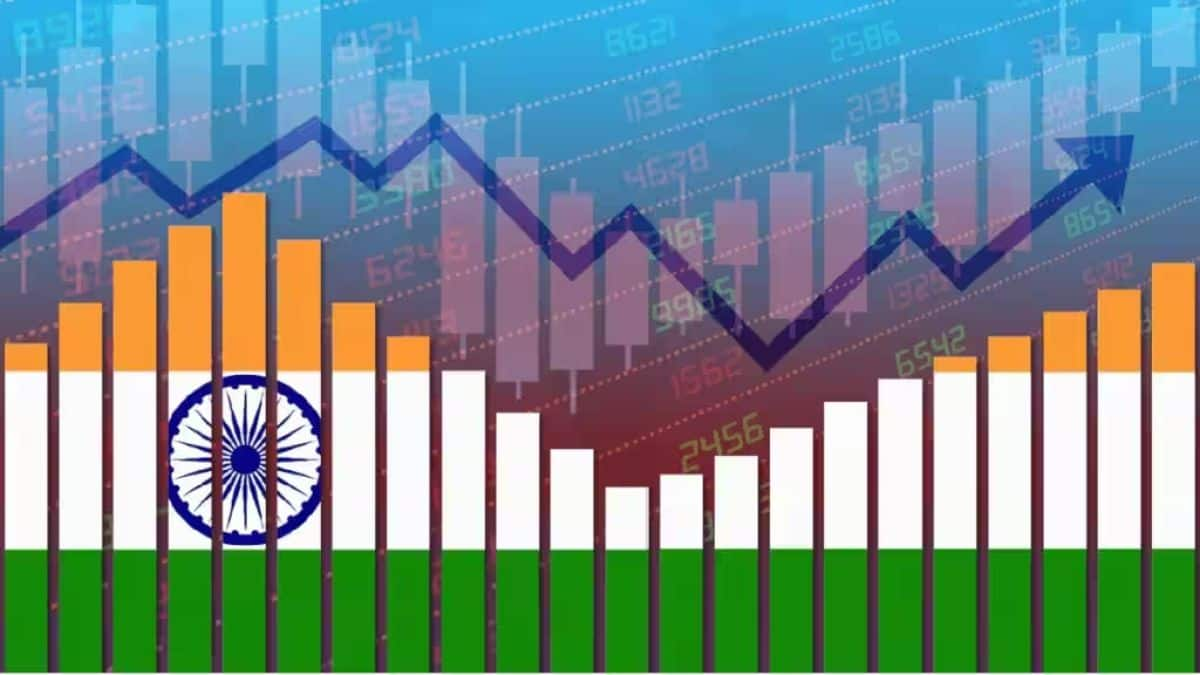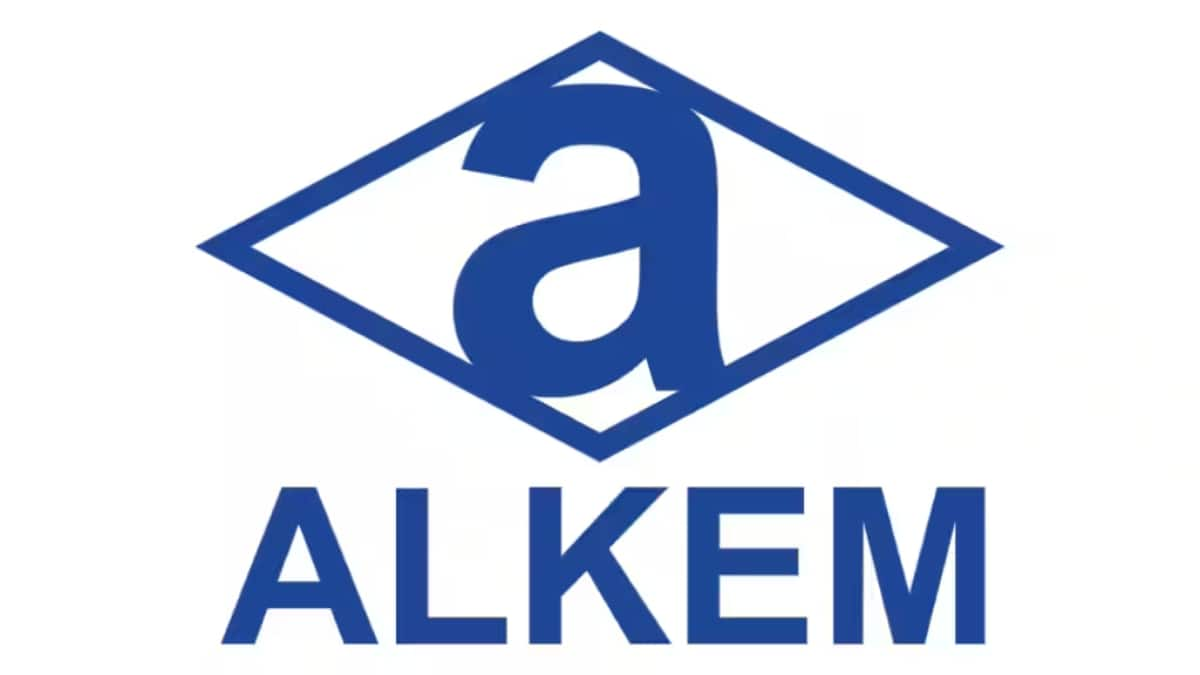Questioning the three big global rating agencies for keeping India’s rating static at the lowest investment grade for the last 15 years despite it moving up the ladder from 12th largest to become fifth largest economy, Finance Ministry economists said the rating agencies’ methodologies are biased against emerging market developing economies.
“Our review of the credit rating methodologies reveals that there is considerable reliance on qualitative variables to capture ‘willingness to pay’. The enormous degree of opaqueness in the methodology makes it challenging to quantify the impact of qualitative factors on credit ratings,” the economists said.
This is not the first timeIndia has questioned the rating methodologies of these agencies. In the 2017 Economic Survey, the then chief economic adviser Arvind Subramanian criticised S&P when he referred to the “poor standards” by rating agencies in assessing the economic performance of India and China. While China’s economic growth has been slowing down in the medium term, India’s growth rate was projected to grow at a faster pace due to various structural reforms.
“From our quantitative analysis, we find that over half the credit rating is determined by the qualitative component. Institutional Quality, proxied mostly by the World Bank’s Worldwide Governance Indicators (WGIs), emerges as the foremost determinant of a developing economy’s credit rating, which presents a problem since these metrics tend to be non-transparent, perception-based, and derived from a small group of experts, and cannot represent the “willingness to pay” of the sovereign,” the economists led by the currentChief Economic Advisor V Anantha Nageswaransaid.
As per the World Governance Indicators, India has made trivial progress in its percentile ranking between 2014 and 2022. Yet, within the same time frame, India has risen to the position of being the fifth-largest economy in the world, lifting millions out of poverty and expanding its middle class substantially. The country has also become a major investment destination for foreign capital, with total FDI inflows for FY23 coming in at USD 71 billion and equity inflows at USD 46 billion.
“Reform in the credit rating process is the need of the hour. As the rated sovereign is obligated to be completely transparent, establishing symmetry of obligations warrants that the rating agencies make their processes transparent and avoid employing untenable judgements,” they said.
Enhanced transparency in credit rating may compel the use of hard data and likely result in credit rating upgrades for a good number of sovereigns, they said.
Transparency will help developing economies access private capital, which has been assigned the central role by G-20 in addressing global challenges such as climate change and supporting the energy transition. Reforming the sovereign rating process will correctly reflect the default risk of developing economies, saving them billions in funding costs, they added.




